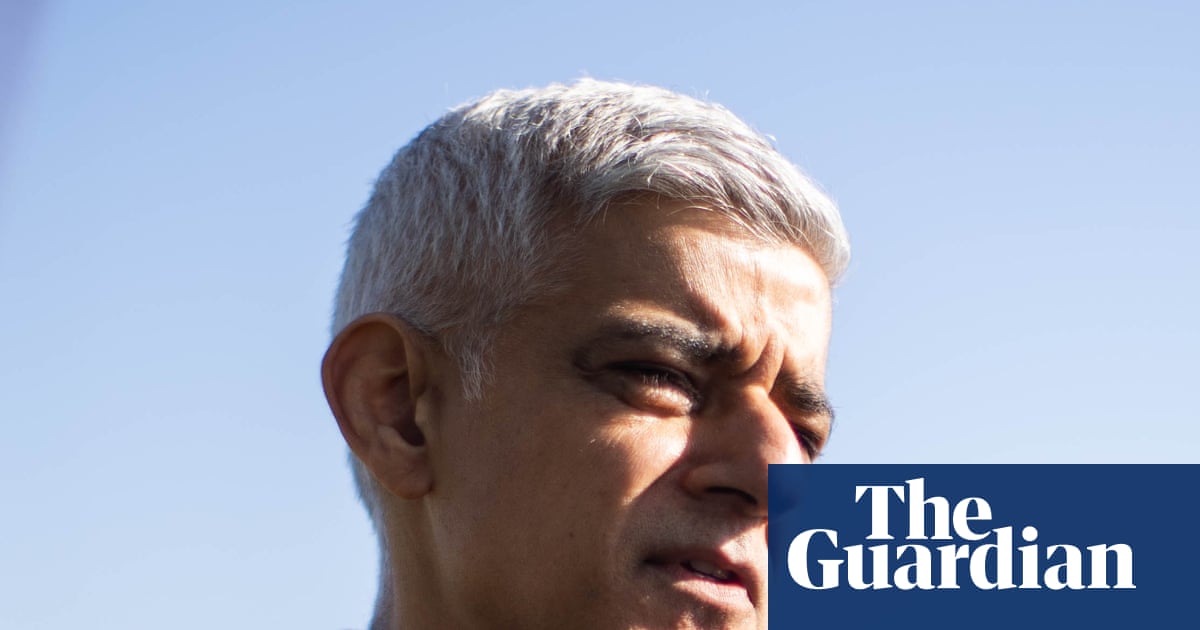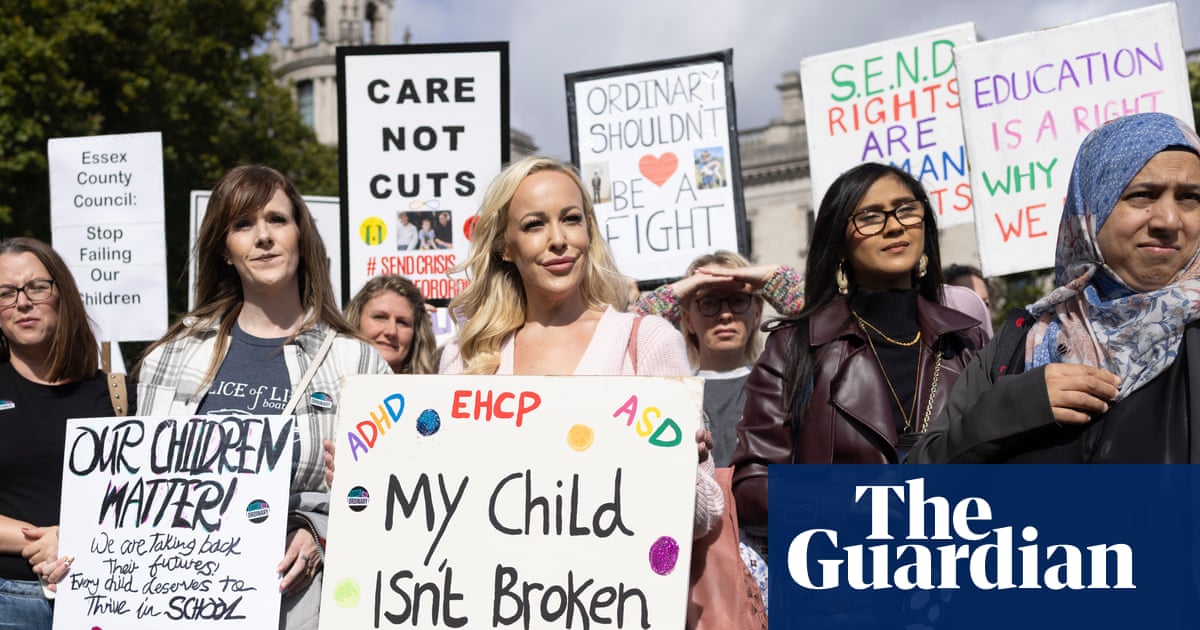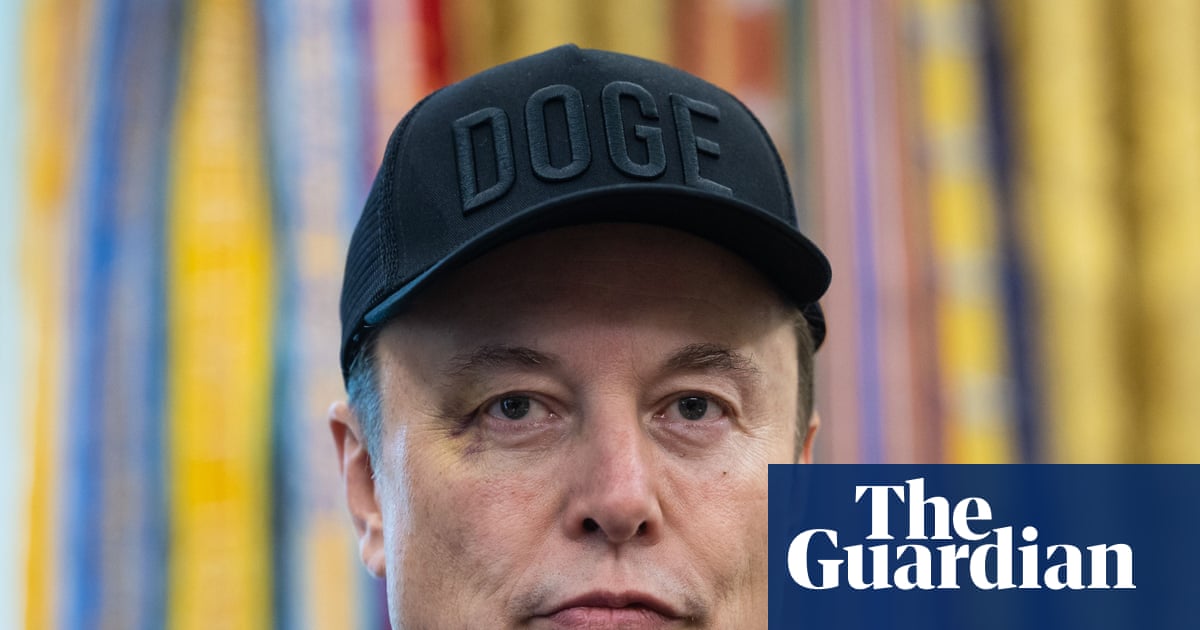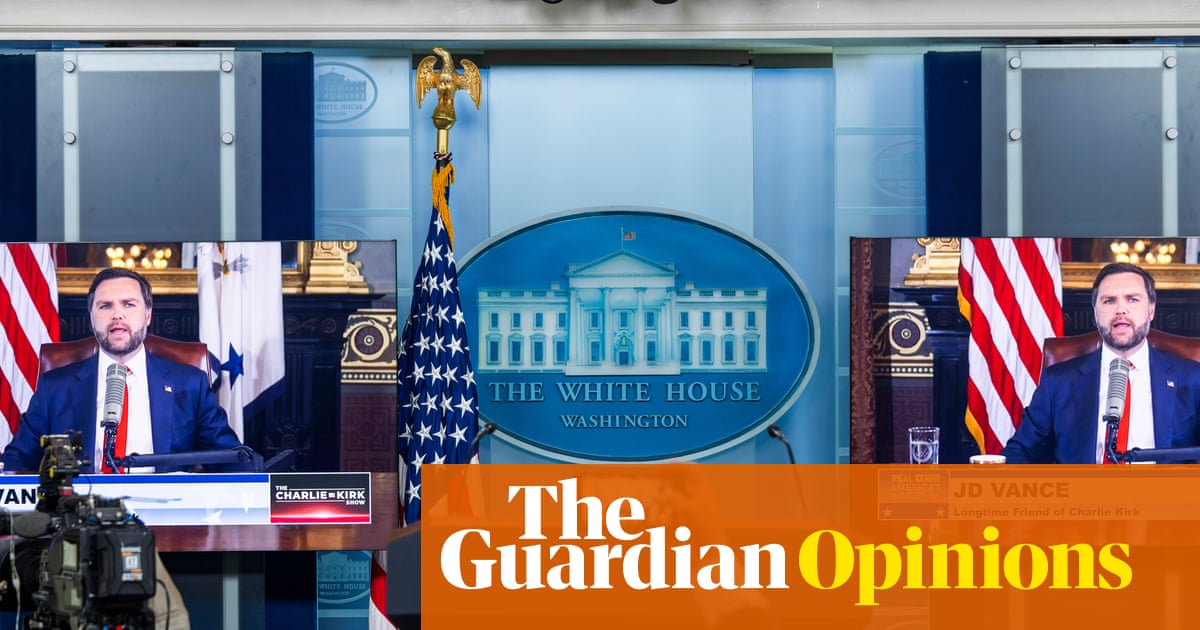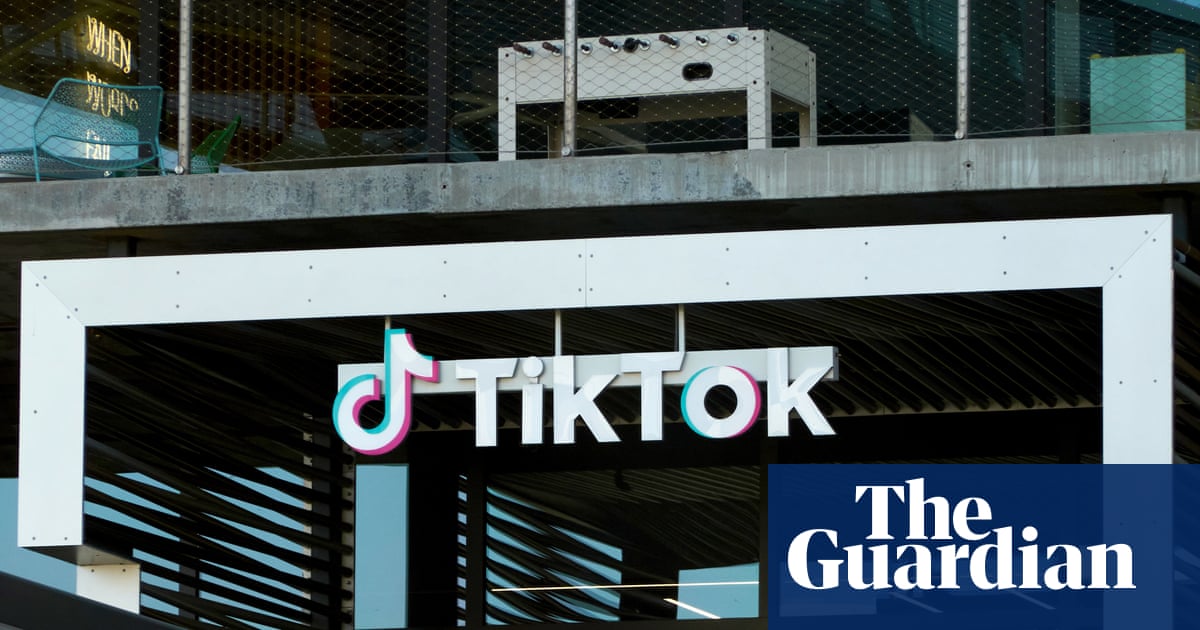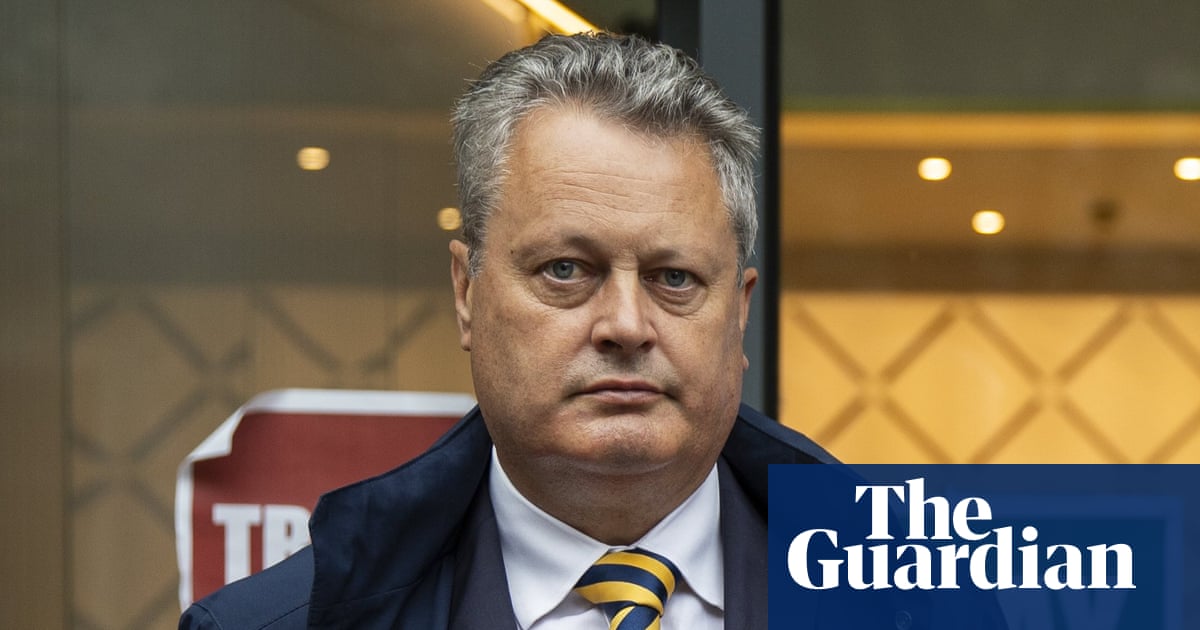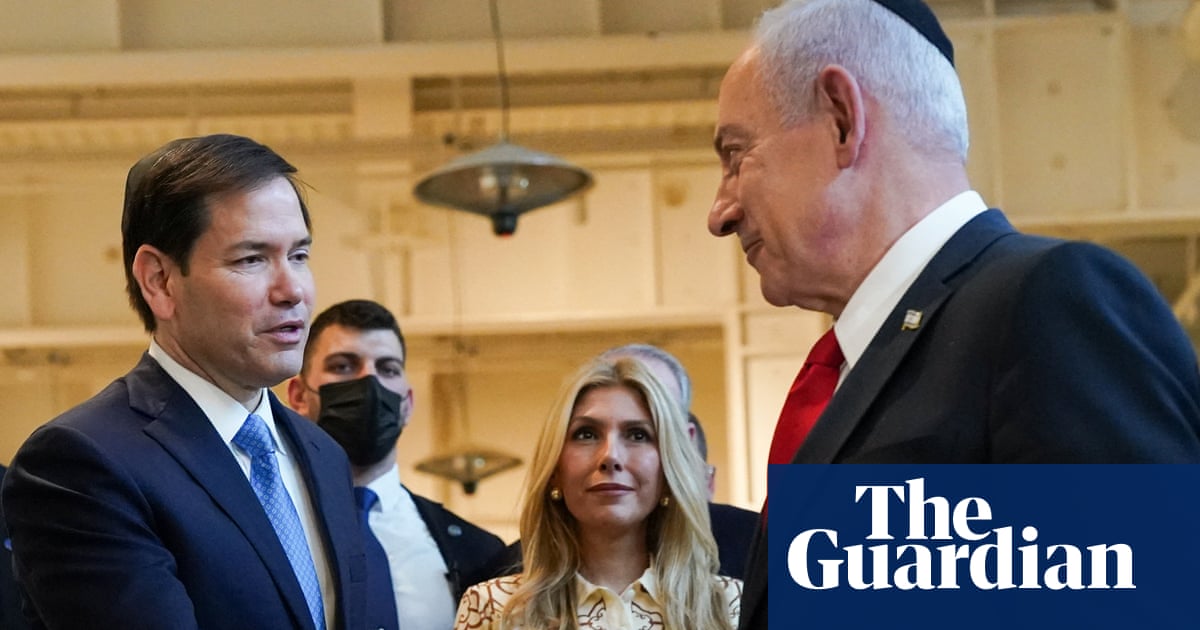Sure Start children’s centres provided £2 of savings for every £1 in costs, according to the Institute for Fiscal Studies (IFS), prompting calls for the government to look at such services as potentially paying for themselves.
The centres, championed by the last Labour government, created £2.8bn in savings and revenues at the scheme’s peak in England, according to the IFS study.
Sarah Cattan, a research fellow at the IFS and an author of the report, said: “Our work shows that integrated early years services, done well, are cheaper than they initially seem once their benefits are taken into account.”
After calculating the benefits for government and individuals, the IFS said: “We estimate that every £1 of up-front spending on Sure Start generated £2.05 in total benefits over the long run.”
The IFS found the positive impacts of Sure Start were widespread and “remarkably long lasting”, producing better health, education and social care outcomes for families who enrolled in the programme offering support for children up to the age of five.
Sure Start established “one-stop shops” initially in disadvantaged areas, from 1999 onwards, with early years, health and family support services under a single roof. It is often regarded as one of New Labour’s most successful social policies.
The programme was dismantled by Conservative-led governments elected from 2010 onwards. At its peak in 2009-10 Sure Start had 3,600 centres in England, before austerity cuts reduced government funding by two-thirds, with local authorities scaling back or closing most of the centres by 2018.
The IFS looked at children born in the 1990s and 2000s who took part, and found it improved health and educational outcomes, including better than expected GCSE results, as well as reducing school absences and less severe special educational needs and disabilities.
Nick Ridpath, a research economist at the IFS and an author of the report, said: “These benefits are not only important in their own right, they also generate savings to the public purse and boost lifetime earnings. Sure Start did not quite pay for itself from the government’s perspective. But taking benefits for lifetime earnings into account, in the long run it will generate around twice as much value as it cost.”
At its peak, Sure Start’s running costs were about £2.7bn a year in 2023–24 prices. The IFS calculated that the government benefited from savings of £600m each year in lower health, special needs and social care demands, and £1.9bn in extra income tax and national insurance revenue.
after newsletter promotion
In addition, the IFS said the programme generated a further £3.1bn in higher earnings for each year group who used the centres, equivalent to a £7,800 average boost to lifetime post-tax earnings.
Neil Leitch, the chief executive of the Early Years Alliance, said: “As the IFS rightly points out, this kind of integrated early support has a positive impact not only on the children accessing the services but on society as a whole in the longer term. Clearly, then, investing in quality integrated early years services is not just the right moral decision, but a smart economic choice too.”
The researchers warned that Sure Start was not a “silver bullet”, with the programme “unable to address all challenges that children and young people face”. It noted that it had no significant effect on the number of children spending time in council care and didn’t reduce support for more serious special needs provision.

.png) 3 months ago
55
3 months ago
55


